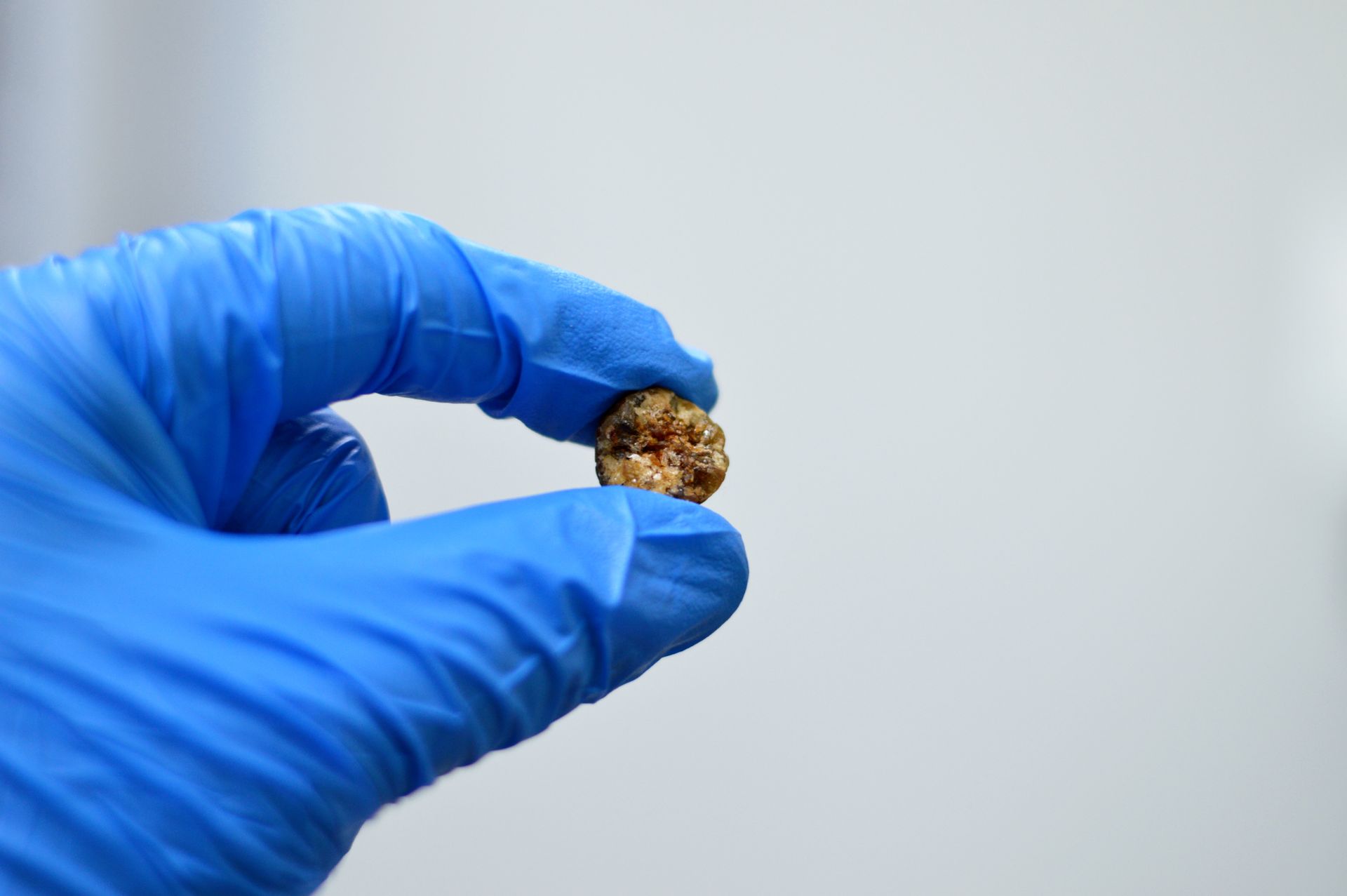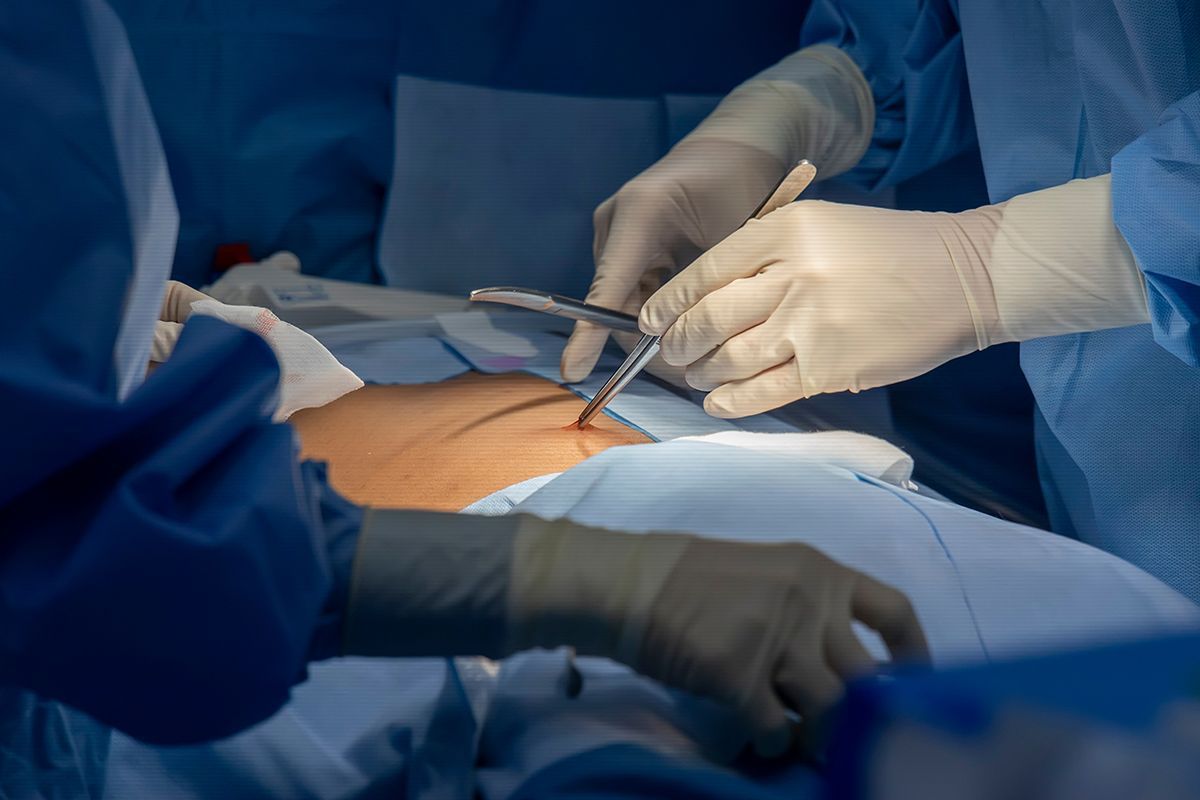Mount Elizabeth Novena Hospital #10-48/49
Early Warnings of Gastrointestinal Cancer
With gastrointestinal cancer becoming more common in Singapore, many people are increasingly vigilant, looking out for signs of the condition to ensure they receive prompt treatment.
Here are the key symptoms to watch for.
Unexplained weight loss
One of the earliest and most common signs of gastrointestinal cancer is unexplained weight loss. If you are losing weight without changing your diet or exercise routine, it could indicate an underlying issue. Cancer can cause weight loss by altering how the body uses calories and affecting appetite and metabolism.
Persistent abdominal pain
Another warning sign is persistent abdominal pain or discomfort. This pain may be localised or generalised and can vary in intensity. It might be mistaken for other conditions like gastritis or ulcers, but it's essential to consult a healthcare professional if it persists.
Changes in bowel habits
Changing bowel habits, such as diarrhoea, constipation, or stool consistency, can indicate gastrointestinal cancer. See medical advice if you notice these changes lasting over a few days, especially if other symptoms accompany them.
Blood in stool
Seeing blood in stool, either visible or detected through a test, is a significant warning sign. Blood in the stool can look bright red or darker, and tarry stools indicate bleeding in the digestive tract. This symptom should never be ignored.
Nausea and vomiting
Persistent nausea and vomiting, especially if it occurs without any apparent cause, can be a red flag for gastrointestinal cancer. These symptoms may result from a blockage in the digestive tract or from the cancer itself.
Difficulty swallowing
Difficulty swallowing, also known as dysphagia, can indicate cancer of the oesophagus or stomach. This symptom might start with difficulty swallowing solid foods and progress to liquids as the cancer advances.
Changes in appetite
A sudden change in appetite, either a decrease or an increase, can be a warning sign. Loss of appetite might lead to weight loss, while an increase in appetite without corresponding weight gain could also be concerning.
Bloating or feeling full quickly
Bloating or feeling full quickly, even after eating a small amount of food, can be an early sign of gastrointestinal cancer. This symptom can result from tumours causing narrowing of the stomach or intestines, causing discomfort and a sense of fullness.
If you experience any of the symptoms mentioned above, seeing a doctor is essential, especially if the symptoms persist for over a few weeks.
Is gastrointestinal cancer treatable?
The treatability of gastrointestinal cancer depends on the type and stage of cancer, the patient's general health, and the effectiveness of the treatment plan.
Early-stage gastrointestinal cancers have a higher chance of successful treatment. Surgery is usually required to remove the tumour. This may be followed by additional chemotherapy or radiation therapy. Advanced stages of cancer might necessitate more aggressive treatments, including targeted therapy and immunotherapy.
Screening for gastrointestinal cancer
Gastrointestinal cancer, which includes cancers of the stomach, liver, pancreas, oesophagus, and intestines, is the third deadliest cancer in the world.
Early-stage gastrointestinal cancers are often asymptomatic or present with non-specific symptoms, making them difficult to detect without screening. Regular screening can identify cancer before symptoms appear, when it is most treatable.
How gastrointestinal screening is performed
Screening involves several tests. One of the main procedures employed is a type of endoscopy which includes either gastroscopy or colonoscopy. It examines the upper or lower section of the digestive system respectively.
This is what happens during the procedure:
- Sedation: You will be given a sedative to help you relax and minimise discomfort.
- Throat numbing: Your throat may be sprayed with a local anaesthetic to reduce the gag reflex.
- Insertion of the endoscope: The doctor will gently insert the endoscope through your mouth or anus and slowly introduce it through the upper or lower intestinal tracts.
- Examination and treatment: The doctor will examine the lining of your digestive tract and, if necessary, perform treatments to remove polyps or cauterise bleeding vessels.
Consult a gastrointestinal specialist in Singapore
GI cancer is a common ailment in Singapore but can be overcome with early detection and treatment. Awareness of the warning signs and seeking timely medical advice can prevent it from progressing.
If you are experiencing symptoms or have concerns about gastrointestinal cancer, consulting a specialist is crucial. Colorectal Clinic Associates offers comprehensive diagnostic and treatments for GI cancers. Our
gastroscopy and colonoscopy experts use diagnostic techniques and personalised treatment plans to provide the best possible care.
Book an appointment
to learn more about gastroscopy and its cost.






